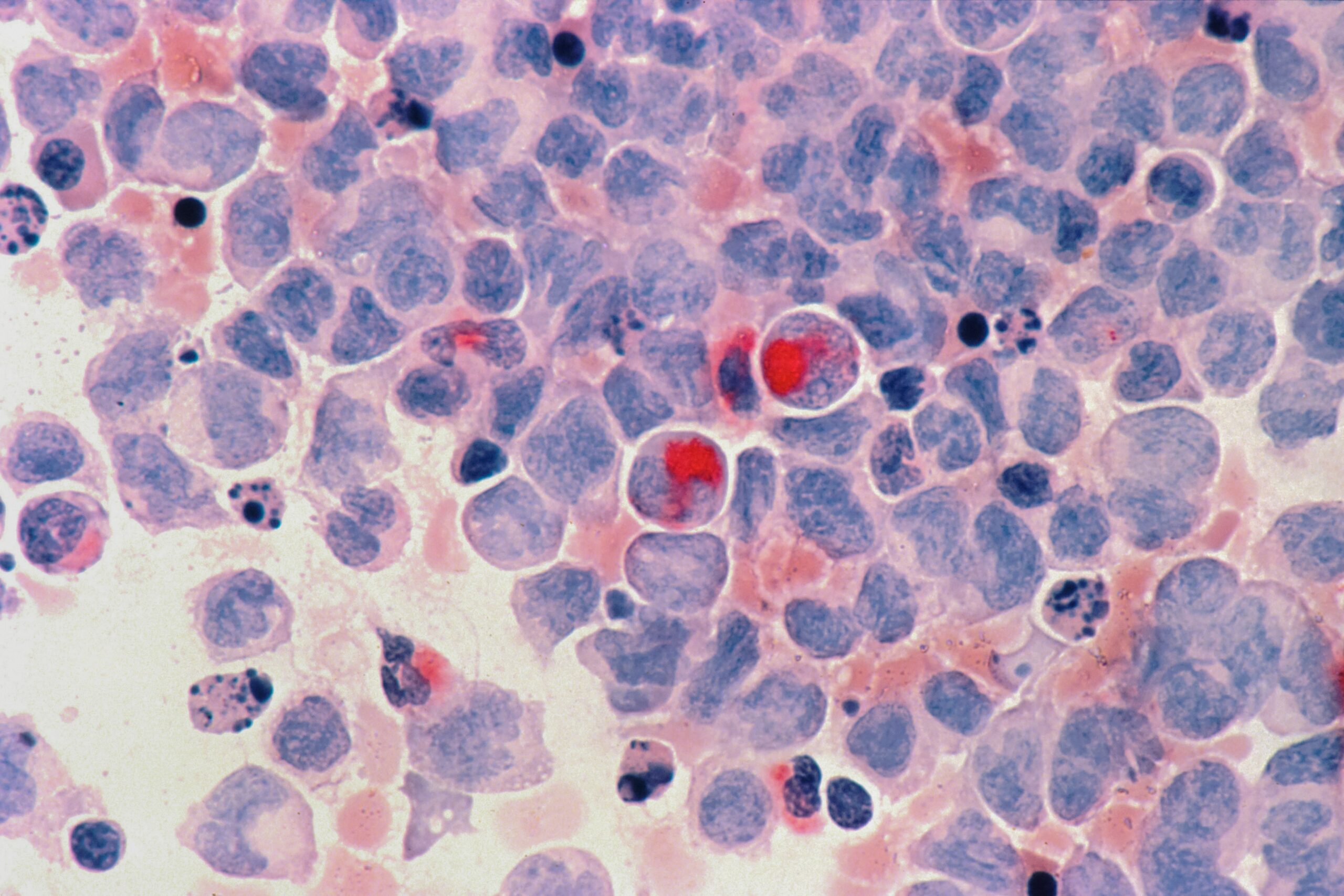Groundbreaking Nanodevice Shrink Pancreatic Cancer with Low-Dose Immunotherapy

Credit: Unsplash
Small Device, Big Impact: Shrinking Pancreatic Cancer with a Rice-Sized Implant!
In a medical breakthrough, Houston Methodist Academic Institute researchers have developed a tiny device that could be a game changer in treating pancreatic cancer. The nanofluidic drug-eluting seed (NDES) is smaller than a grain of rice and delivers low-dose immunotherapy in the form of CD40 monoclonal antibodies (mAb) directly to the pancreatic tumor. This means less drug is needed to treat the aggressive form of pancreatic cancer than traditional systemic immunotherapy treatment.
Pancreatic cancer is a difficult-to-treat disease with a low five-year survival rate of 5 to 10 percent. Unfortunately, the disease often shows little or no symptoms until it has advanced and spread. The NDES device was tested on murine animal models and achieved remarkable tumor shrinkage at a fourfold lower dosage than traditional systemic immunotherapy treatment.
One of the most exciting findings was that even though the NDES device was only inserted in one of two tumors in the same animal model, shrinkage was noted in the tumor without the device. This suggests that local treatment with immunotherapy was able to activate the immune response to target other tumors. One animal model remained tumor-free for the 100 days of continued observation.
A Nano-sized breakthrough!#nano #CancerResearch #treatment https://t.co/bB6L91xh1Q
— Mashable Middle East (@Mashable_ME) April 17, 2023
The NDES device is an implantable nanofluidic device that delivers drugs directly to the pancreatic tumor. It could be a game changer in treating pancreatic cancer, a disease often diagnosed at later, more difficult-to-treat stages. The device’s low-dose immunotherapy could mean fewer drugs are needed to treat the disease, and it could activate the immune response to target other tumors.
In conclusion, developing the NDES device is a significant medical breakthrough that could change how we treat pancreatic cancer. The results achieved in murine animal models are astonishing and positive. The potential for this tiny device to deliver low-dose immunotherapy directly to the pancreatic tumor with fewer drugs needed is groundbreaking. It is exciting to see the potential for nanomedicine to revolutionize cancer treatment and give hope to patients with aggressive forms of the disease.









